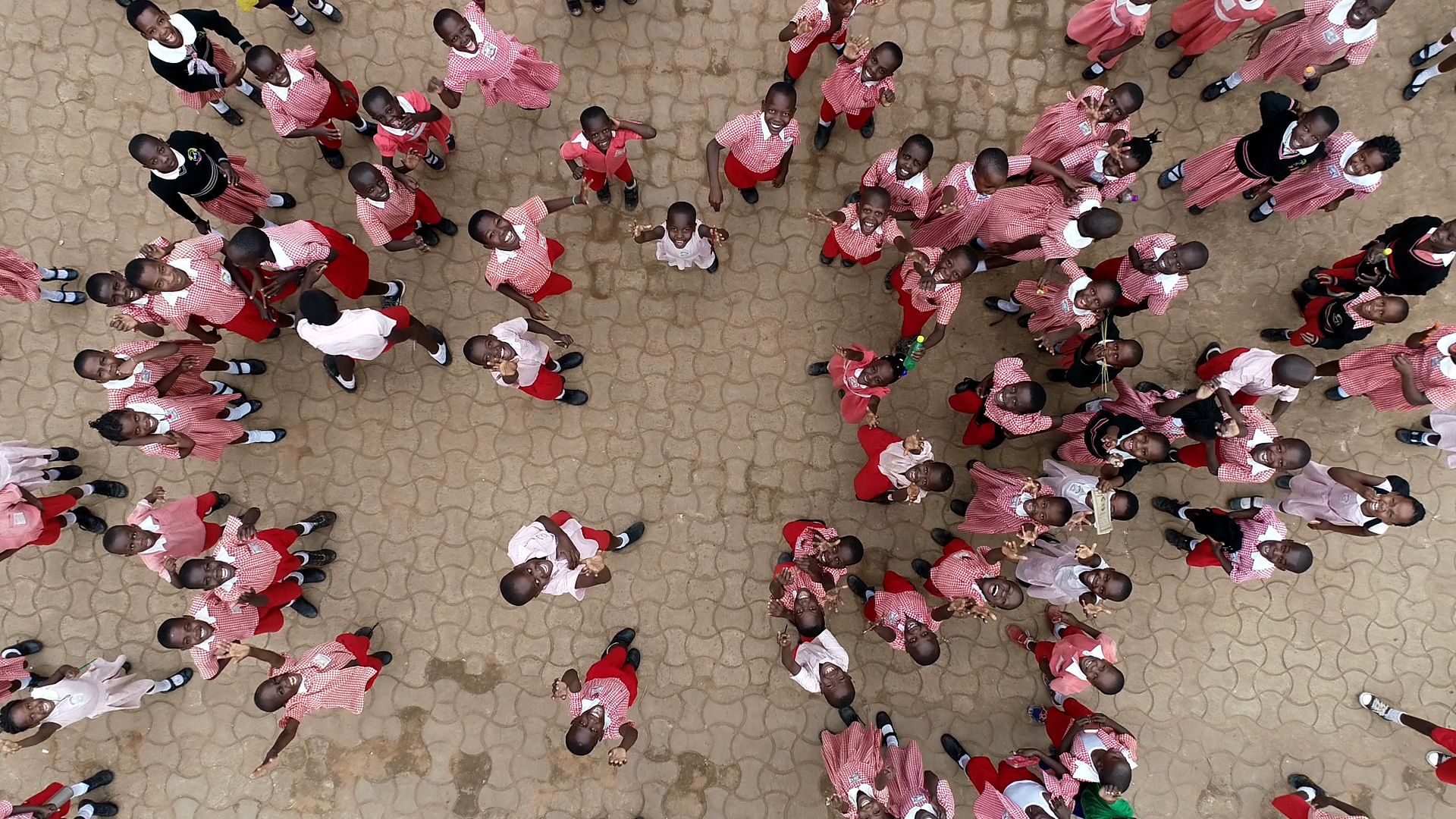Delhi region
Siddhartha Pande is Head of the Programme Implementation Unit at Bal Raksha Bharat (also known as Save the Children). The organisation works in several districts in the Bihar region, setting up catch-up courses, vocational and life skill trainings for adolescents and young adults, enrolling children in govt. schools, running campaigns on child labour, etc. Bal Raksha Bharat works in all 3 intervention states of WNCB, namely; Delhi, Bihar and Rajasthan. Bal Raksha Bharat also works intensively in two districts in Delhi that are known for their garment industry, namely East Delhi and South East Delhi.
“In the Delhi region, we established and followed a tried and tested process for adolescents and youth to receive proper vocational and skills training”, Siddhartha says. This approach is focused on the principle that youths are supported to pursue education or vocational training leading to decent age-appropriate work. This will not only give them better future perspectives, but it will also break the vicious cycle of poverty and reduce the need for their future children to work or end up in low paid jobs.
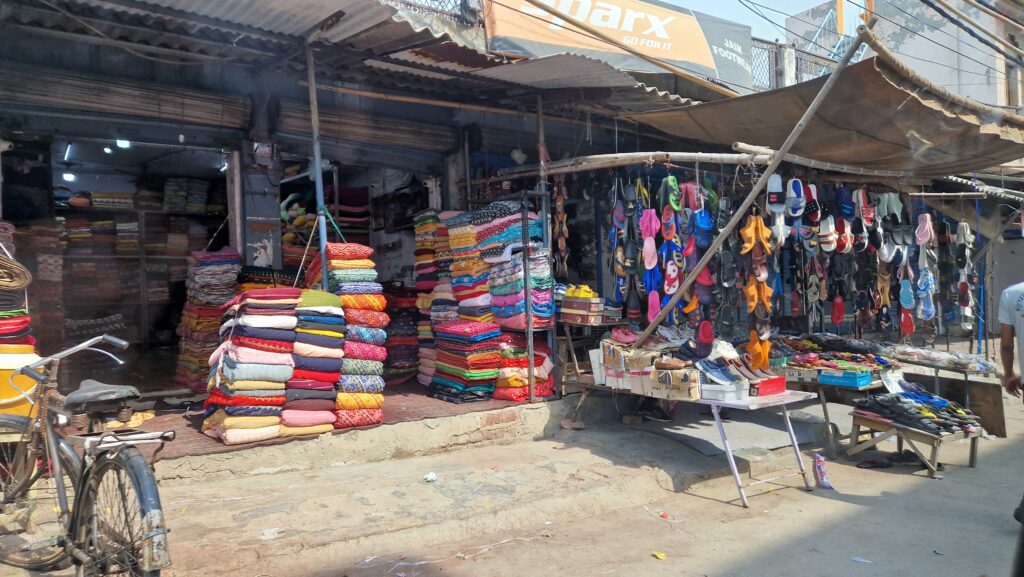
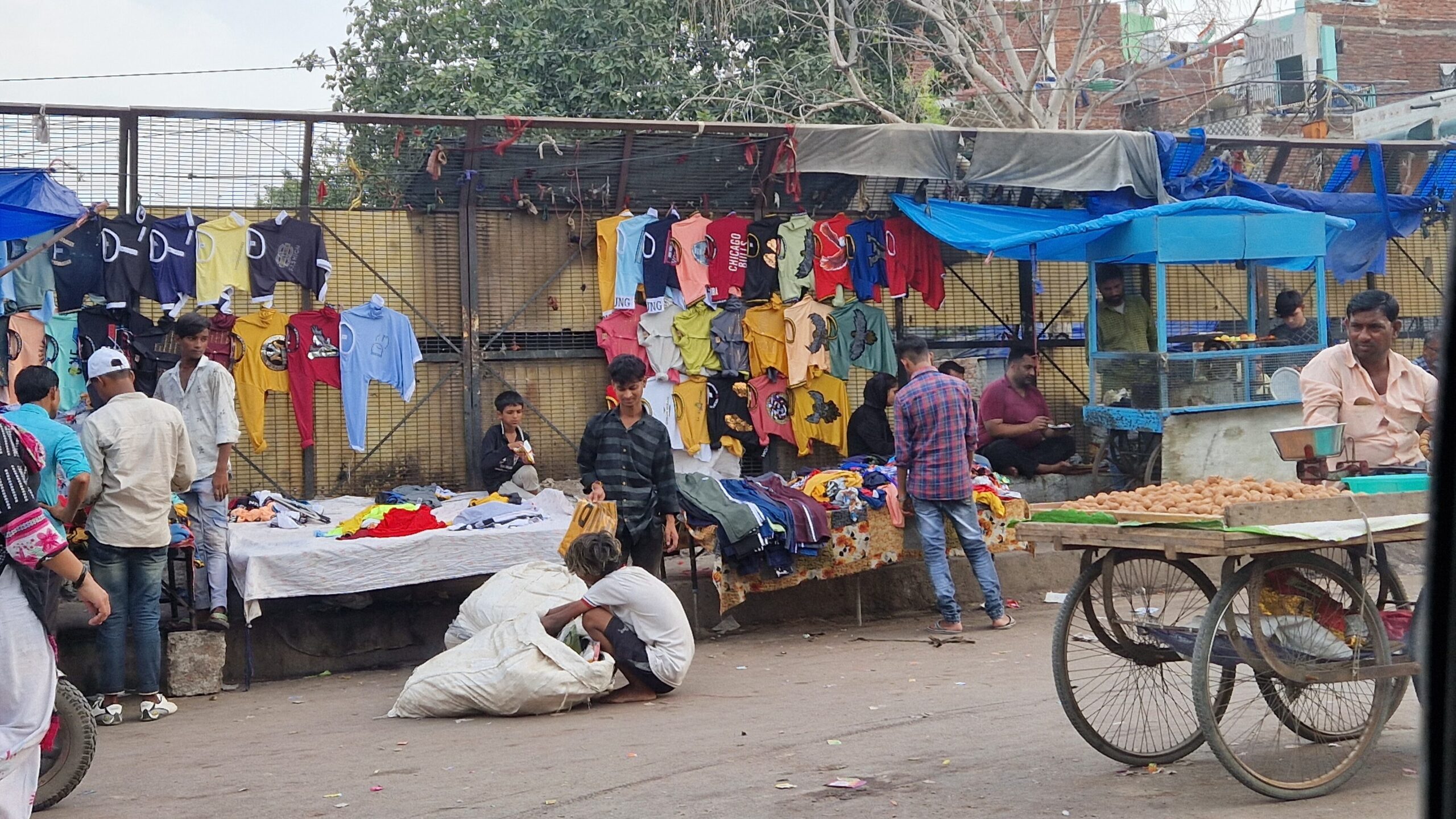
Vocational training and development kits
“The process around those training activities comprises well-defined steps that lead from identification of youth to their actual employment”, Siddhartha explains. “By following these steps and by adjusting the training programme to the specific needs and context of youths, vocational training programmes provided them with valuable skills and opportunities for employment and entrepreneurship in the field of tailoring.”
The tailoring training programme has been quite successful as it has equipped youths with the skills and knowledge to pursue career in tailoring. For that we ensured youths developed a comprehensive skill set, including basic sewing techniques, pattern making, garment construction as well as soft skills like communication, time management, problem-solving, customer service, marketing, and pricing.
In addition, Bal Raksha Bharat provided development kits, to support trained young adults with entrepreneurial ambitions to set up their businesses. For young adults with an interest in the tailoring sector, these kits included sewing machines. But for others there were also different development kits, such as motor bike repair tool kits, and carpenter and masonry kits.

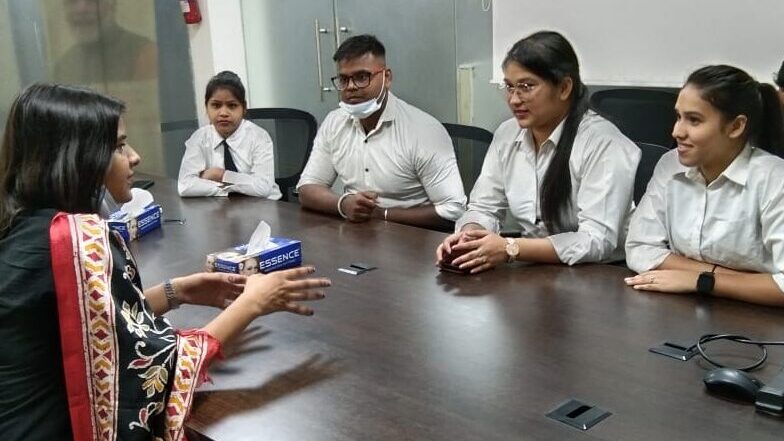
Life skills training
“Youth were also provided with life skills training”, Siddhartha adds. “Life skills are a set of abilities, attitudes and social-emotional competencies that enable individuals to learn, make informed decisions and exercise rights to lead a healthy and productive life. Subsequently they may become agents of change.”
Life skills provided were based on the Life Skills for Success (LS4S) common approach of Save the Children International which has been quite successful in the project. The identified and enrolled youth went through robust training on life skills over five days of intensive training during which they were taught aspects of life skills such as a positive self-concept, self-control, communication skills at the workplace, higher-order thinking skills, and social skills. ”We have seen youth using the skills in their workplace and also transferred the skills to others.”
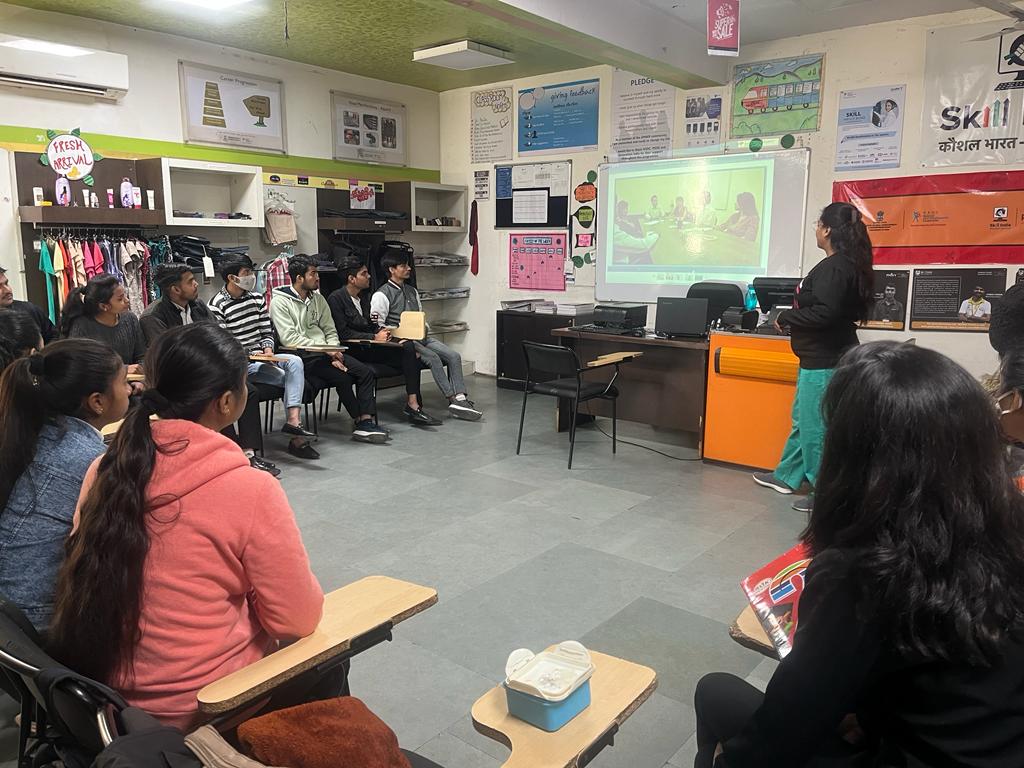

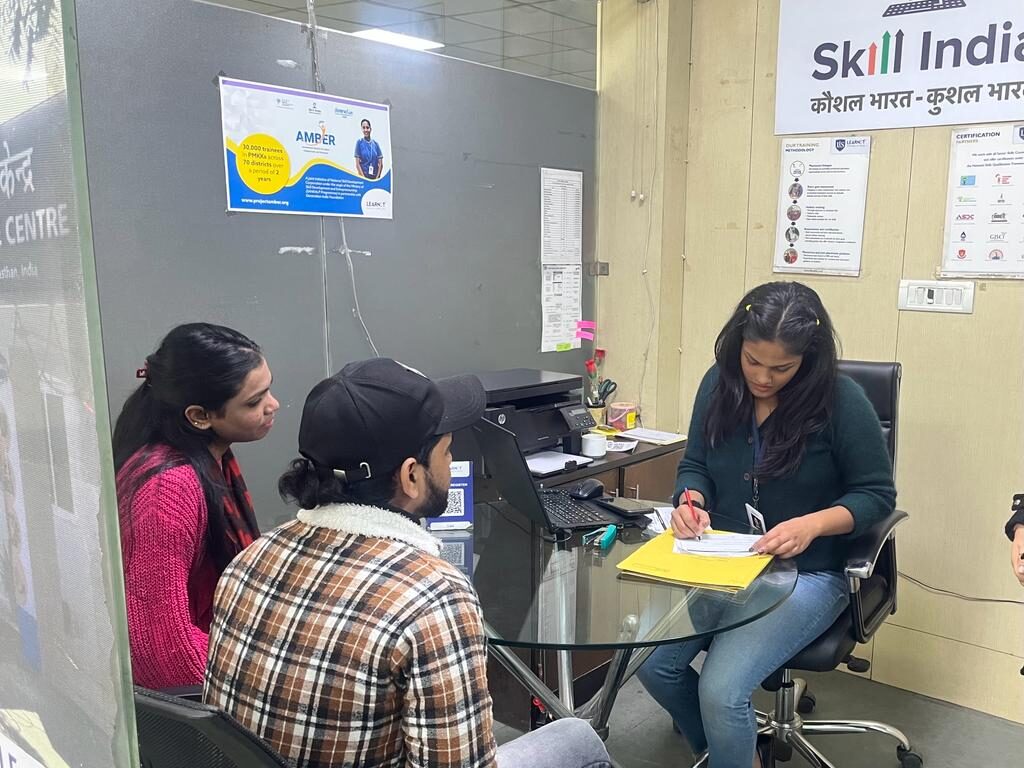
Multi Activity Centres
To further combat child labour, in Delhi, five Multi Activity Centres were set up. The centres focused on providing them with basic-numeracy literacy skills and enrolling children in formal government schools.
Also, the Multi Activity Centres provided life skills education and vocational training to adolescents. Following the life skills and vocational training, young adults are linked with decent employment opportunities, and provided with entrepreneurial development toolkits.
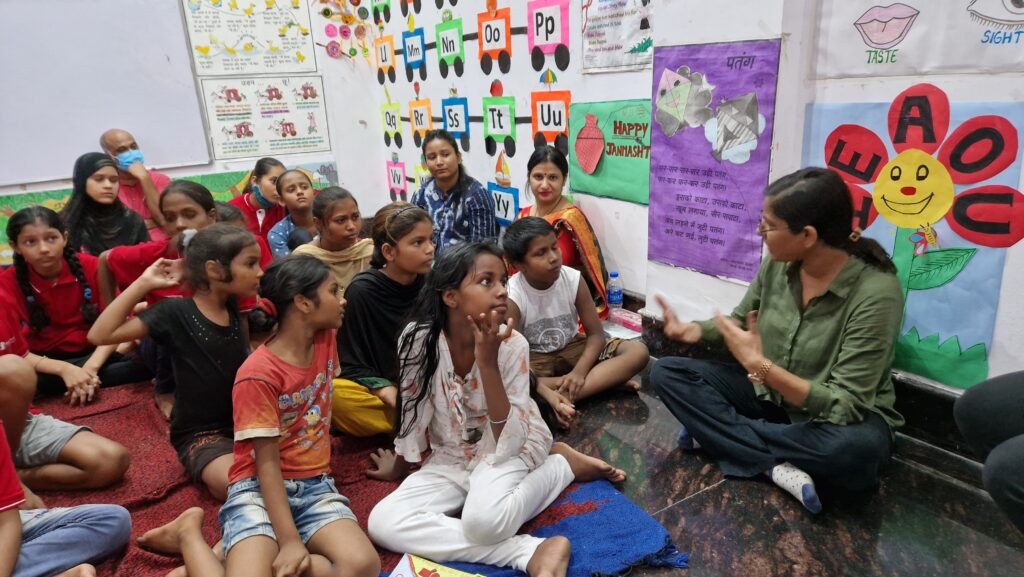

Close cooperation with employers
Bal Raksha Bharat closely collaborates with employers based in Delhi by thoroughly analysing job requirements and identifying appropriate job opportunities for young individuals. To establish strong relationships with employers, the organization undertook visits to identify suitable employers and job opportunities. These visits were critical in developing relationships with employers, understanding their workforce needs, and assessing the skills and job readiness of young individuals.
“This way, we identified local industries and workshops and also mapped their demand of skills sets in youths who have undergone vocational training. We held meetings with local businesses and industries and shared profile of youths with skills set gained over as part of vocational skills training. Sharing profiling of youths with skills sets integrated with market demands let to local businesses and industries to go for our trained youths.” Siddhartha explains.
Follow-up and monitoring
Follow-up meetings with youth and employers to prevent job dropouts were organised by creating platforms for employers to engage with youth even before they were hired. Bal Raksha Bharat did regular follow-ups with the employers to get the feedback and continuation of the youth at the workplace. Siddhartha: “We visited companies and met the employers. Also, we spoke to the youth to get feedback about the company environment, if our youth face any challenges then we discussed with the concerned person in the company and help resolve the issue.”
Siddhartha continues: “Citing an example, we had placed a female youth with a reputed company in Delhi. But after some time, our candidate informed us that her manager was harassing her and she did not want to continue her job and requesting us to find another job for her. We talked to her and had a meeting with her manager and explained all the issues to the human resources department. They took appropriate action by transferring the manager, and so our candidate could continue to work there.”
Project staff had meetings with representatives from employers to gather feedback on the performance of trained youths, discussed issues or concerns that have arisen, and identified areas where additional support may be needed. These meetings allowed project staffs to maintain strong relationships with employers, address concerns proactively, and ensure that youths are successfully transitioning into the workforce and no drop-outs are reported.

